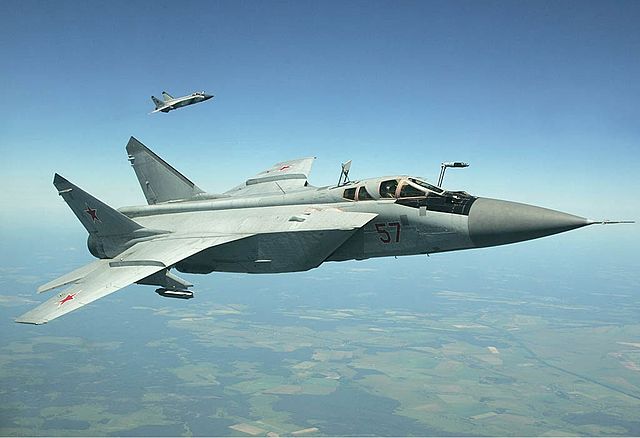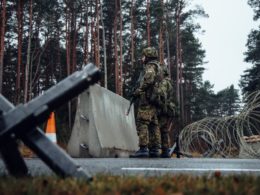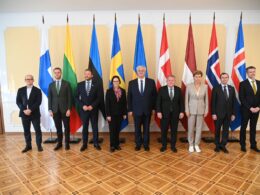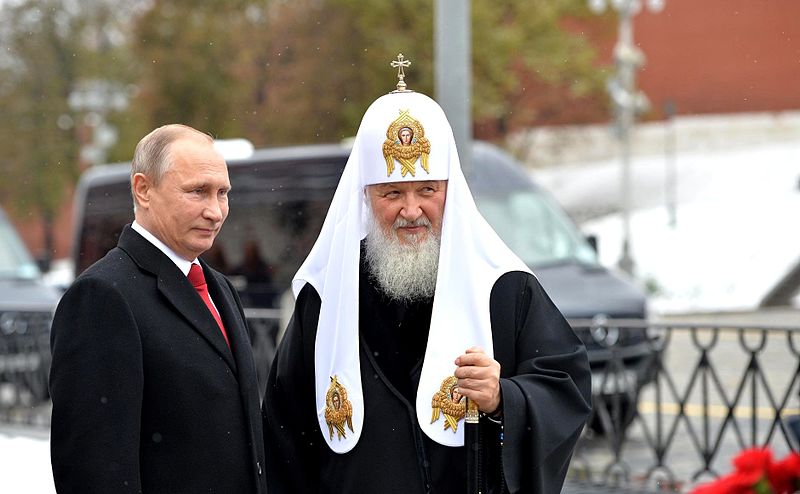Estonia on Friday summoned the Russian Federation’s chargé d’affaires to protest a violation of its airspace, the Estonian Ministry of Foreign Affairs said.
Three Russian MIG-31 fighter jets entered Estonian airspace over the Gulf of Finland without permission and remained for approximately 12 minutes, officials said.
The jets reportedly flew near Estonia's capital city, Tallinn, before NATO’s Italian F-35 jets scrambled to intercept them.
Estonian Prime Minister Kristen Michal later announced that the country is invoking NATO’s Article 4 over the incident. Article 4 of the NATO treaty allows any member state to request consultations with allies when it perceives a threat to its territorial integrity, political independence, or security. Poland took the same step earlier this month following drone breaches into its airspace on 10 September.
“Russia has already violated Estonia’s airspace four times this year, which in itself is unacceptable. But today’s incursion, involving three fighter aircraft entering our airspace, is unprecedentedly brazen,” Estonian Foreign Minister Margus Tsahkna said.
“Russia’s increasingly extensive testing of boundaries and growing aggressiveness must be met with a swift increase in political and economic pressure,” he added
EU High Representative for Foreign Affairs Kaja Kallas called the incursion an “extremely dangerous provocation,” adding that “Putin is testing the West's resolve.”
Ukrainian President Volodymyr Zelenskyy condemned the Russian incursion as part of a broader campaign of destabilization against Europe and NATO. He described the violations as “not accidental” and called for a coordinated response from the international community.
“Russian destabilization is spreading to new countries and directions. They are using all tools, from interference in political processes to violations of airspace,” Zelenskyy said, urging Europe, the United States, and the G7 to act decisively.
He stressed that sustained international pressure, particularly through sanctions, combined with a strong Ukrainian military, is essential to increase Russia’s losses in the war and defend against further aggression.
The incident follows heightened tensions on NATO’s eastern borders, with recent Russian drone breaches into its airspace, including Poland and Romania earlier in September. In response to these provocations, NATO launched Operation Eastern Sentry on September 12 to bolster defense along its eastern flank.
Read also
-
“A deliberate expansion of the war by Russia”: Romania scrambles jets after Russian drone enters NATO airspace for the 2nd time this week
-
NATO jets shoot down Russian drones in Poland—but NATO believes it’s not an attack
-
SIM cards in downed drones expose Russia’s months-long plan to target Poland and Lithuania





